Will artificial intelligence expand and enhance its teaching prowess to the point where it can replace the professor in his or her traditional role?


Will artificial intelligence expand and enhance its teaching prowess to the point where it can replace the professor in his or her traditional role?
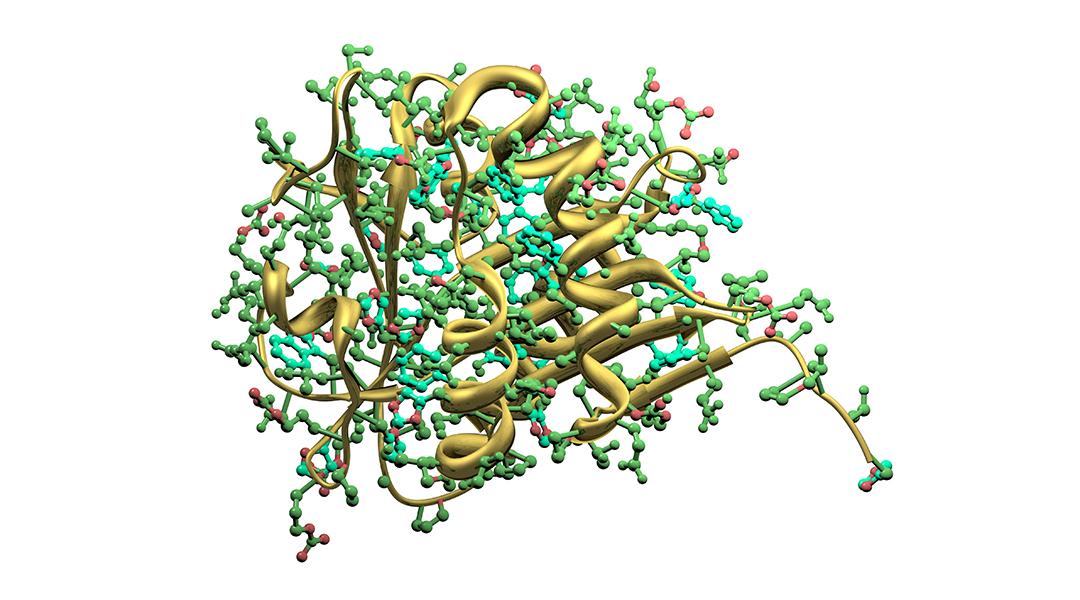
Artificial enzymes promise to not only help us understand the complex functioning of enzymes, but will create a new generation of biosystems for sustainable chemistry practices.
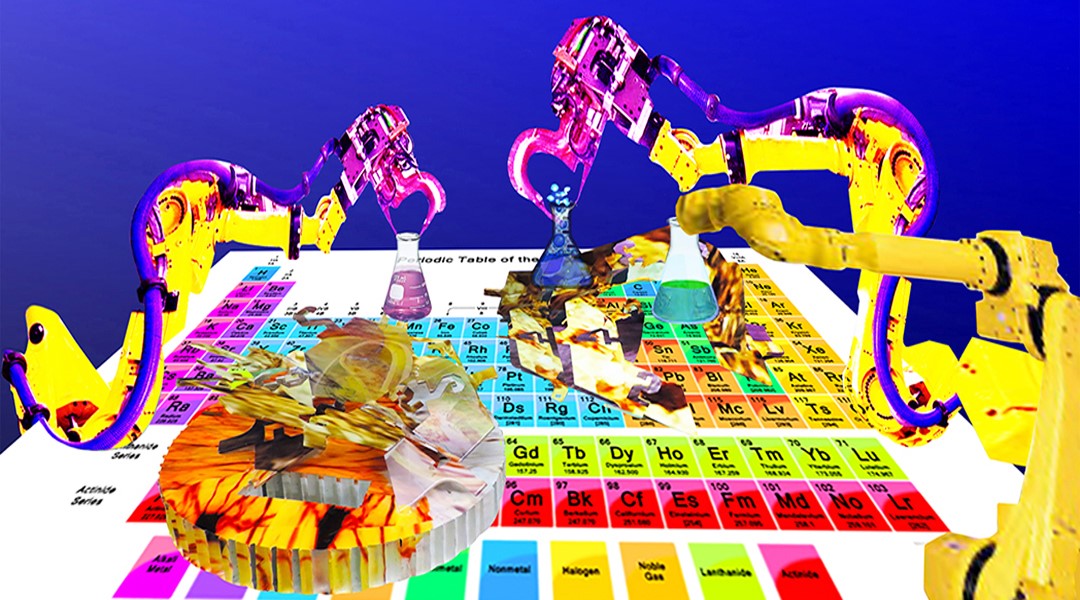
AI is being leveraged to provide machines with the capacity to match or even outperform humans in many endeavors. So what does this mean for the synthetic chemist?
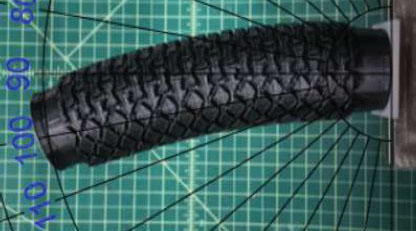
Researchers from UC Berkeley are utilizing deep learning to bypass iterative finite element calculations. Their deep learning model is trained using finite element simulation data to predict the deformation behavior of favorable designs.
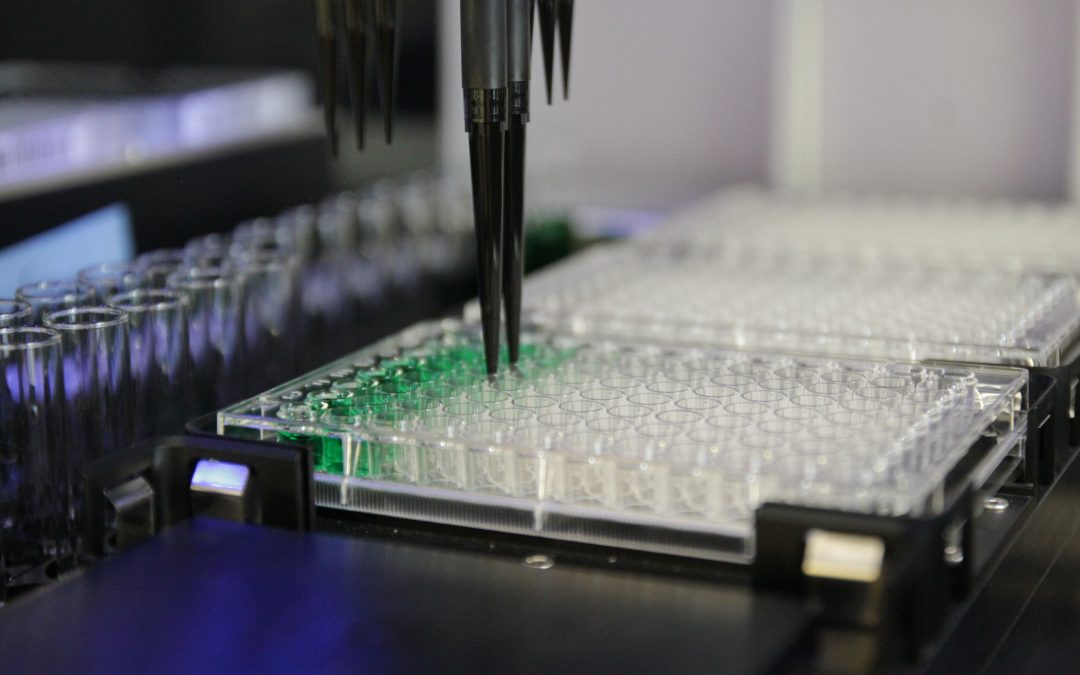
Engineers create a robotic platform to automate the production of new, functional polymers for advanced materials.

Advanced Science News takes a look back at the major achievements and stories in science from the 2010s.
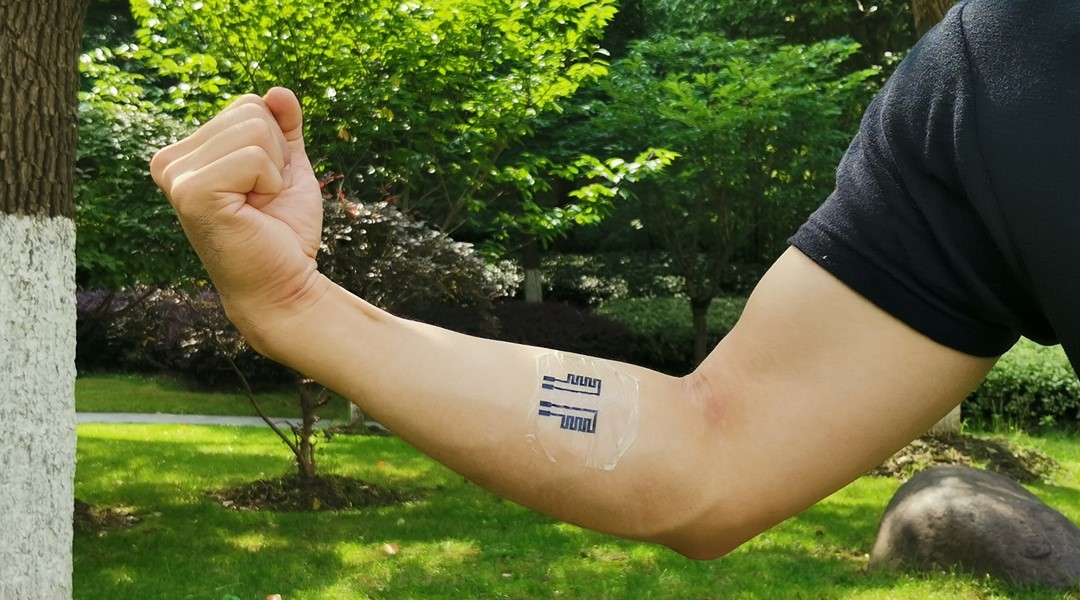
Skin-friendly epidermal electronic devices fabricated using flexible, stretchable, and degradable protein-based substrates could offer a viable solution to real-time health and fitness monitoring.

Michal Leskes and Shira Haber assess the capabilities of NMR in analyzing solid-state interfaces.

Whilst tissue engineering has benefited modern surgery, thousands of patents fail to see real-world applications.
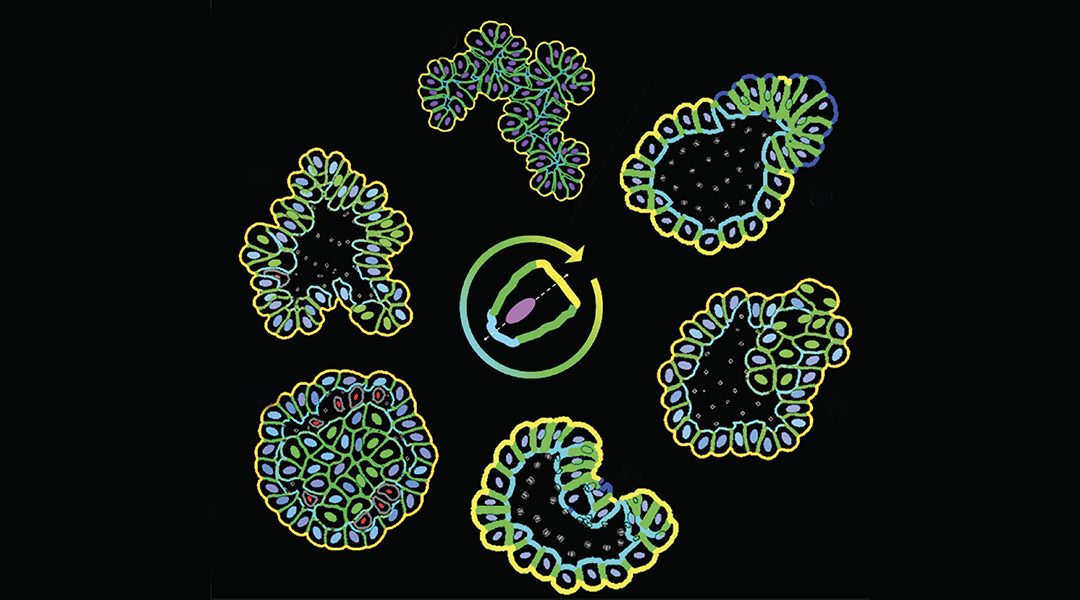
State of the art of mathematical hybrid modeling of cancer development and treatment.